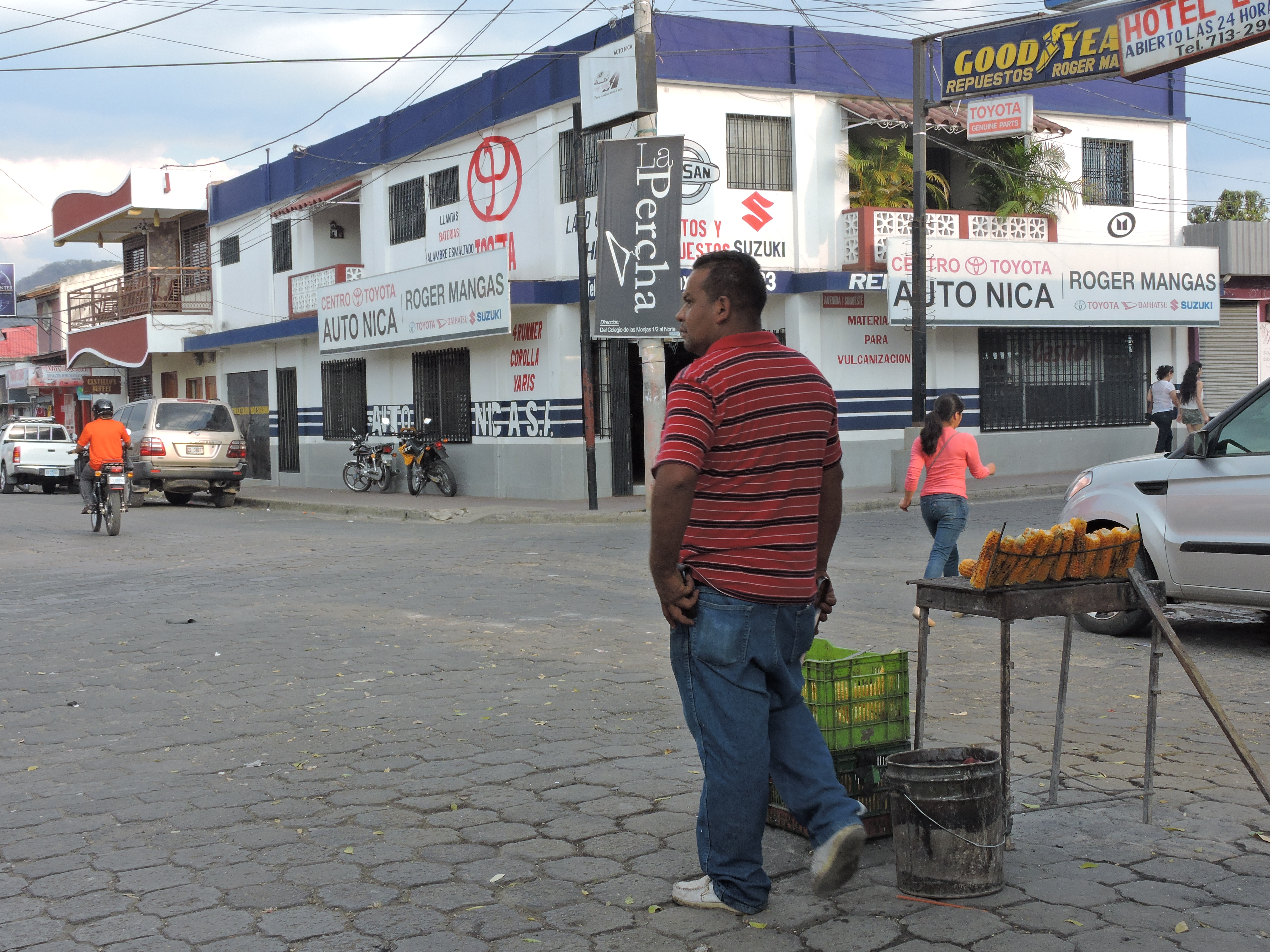
A series of protests in Nicaragua that have turned violent has reached the city of Estelí. Telenorte, a news agency covering the city of Estelí, has reported that two university students were killed during the protests. Estelí is the epicenter of the Nicaraguan cigar industry.
The protests started after Nicaragua’s National Social Security Institute (INSS) instituted a 5% tax that increased the contributions by both employers and employees in Nicaragua. The government has said this was necessary because the system is on the verge of collapse.
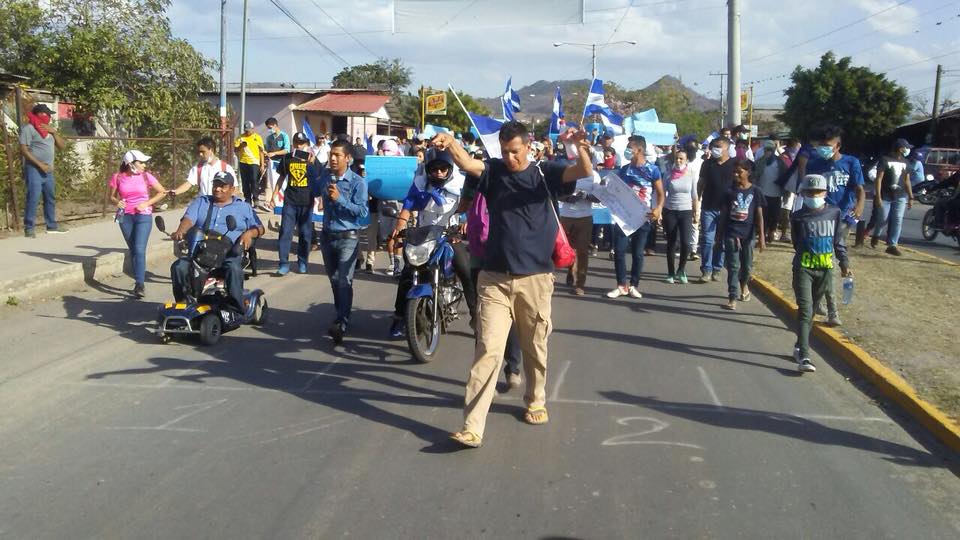
Protestors have ranged from university students to retirees. The protests started to turn violent on Thursday when riot police, military, and pro-government groups such as the Sandinista Youth confronted the protesters. The violence spread across the country as law enforcement and military were called in to dispense with the protests. While there are two reported deaths in Estelí, there have been reports of up to ten deaths nationwide and many injuries. Meanwhile, the government ordered the countries cable company providers to cut off independent television channels.
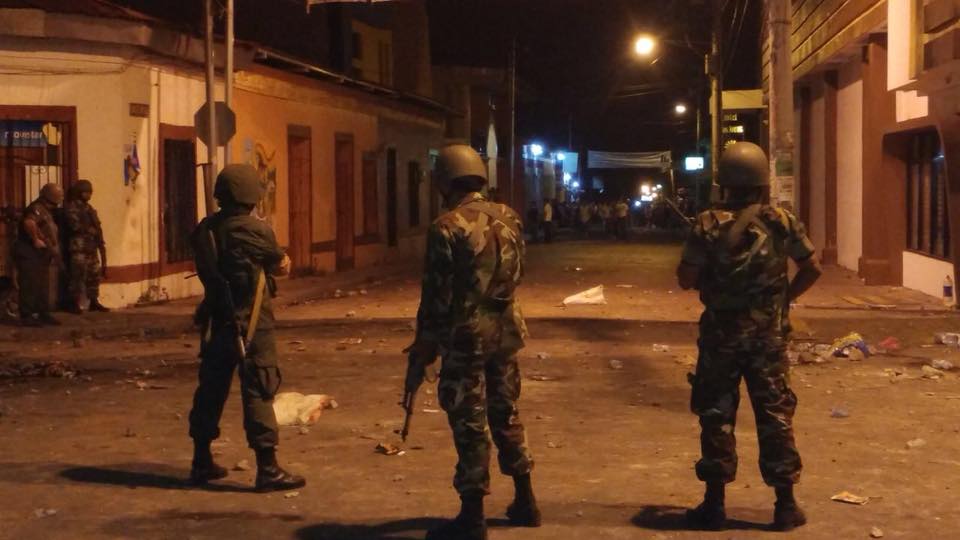
The U.S. State Department has issued a Level 3 “Reconsider Travel” advisory for travel to Nicaragua. This strongly cautions U.S. citizens to avoid travel due to serious risks to safety and security. It is the second highest advisory level behind “Level 4” which is “Do Not Travel”.
Meanwhile safety, security and business operations concerns face many in the cigar industry who have their operations in both Estelí and throughout Nicaragua.
Hector Alfonso Sr., Operations Director at Espinosa Cigars and La Zona factory in Estelí said, “Our concern first and foremost is to the safety of our employees and their families. At the same time, we are keeping a watchful eye on our facilities down in Nicaragua.”
According to Alfonso, who has been in contact with people in Estelí, there were no reported problems from the cigar industry at this time, but cautioned the Nicaraguan cigar industry could see some short-term impacts on both the distribution and production ends.
“The Pan American Highway, the road where cigars are transported from Estelí to be flown out of Managua, is of concern. If any of the protests block the highway, it could cause a short-term problem to those who are shipping product out of the factory and out of Nicaragua,” commented Alfonso. “At the same time, if the protests impact the workers’ ability to come into the factory, they may not show up for work thus impacting production.”
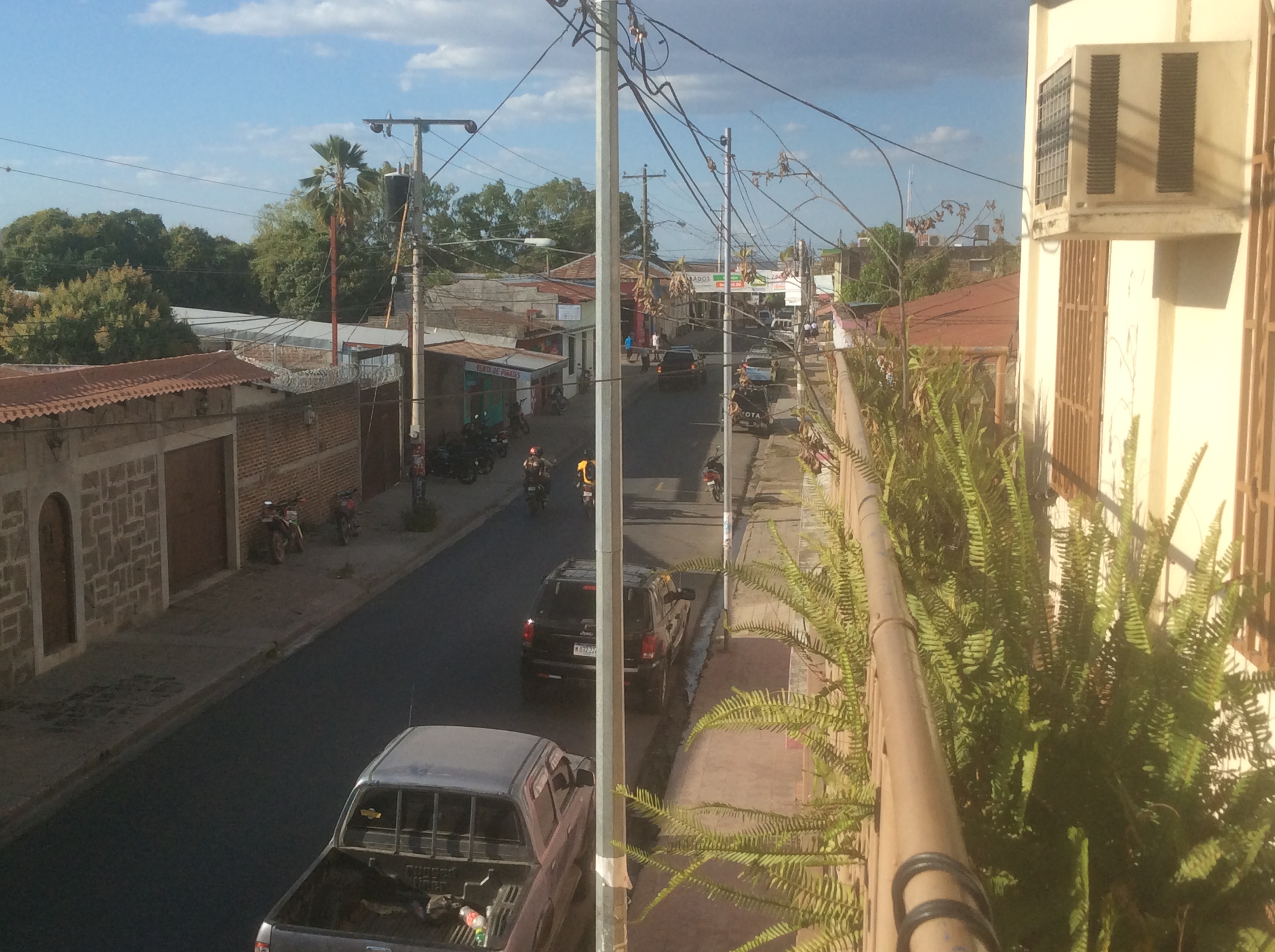
Alfonso believes the Ortega government has had support from the university/college segment of the population in the past and the fact that many of these protests are coming from this sector is of great concern to the government.
Last night Black Label Trading Company owner James Brown, who lives in Nicaragua and is a partner in Fabrica Oveja Negra located in Estelí, described the activities taking place last night on his social media page: “Riot police, rocks, tear gas, sirens & what sounds like gun shots…we are a bit nervous but ok. Sounds like things are quieting down. Going to be a long night tho!”
James’ wife Angela also commented on her social media page, “It’s times like these that you realize how connected you are to the country you live in and it’s people. My heart is heavy with the conflicts of Nicaragua. I’m optimistic things will come to a quick resolution but regardless we are here, it’s our home now! It only takes a few radicals to make a lot of press. The majority are handling the conflict with patience and grace.”
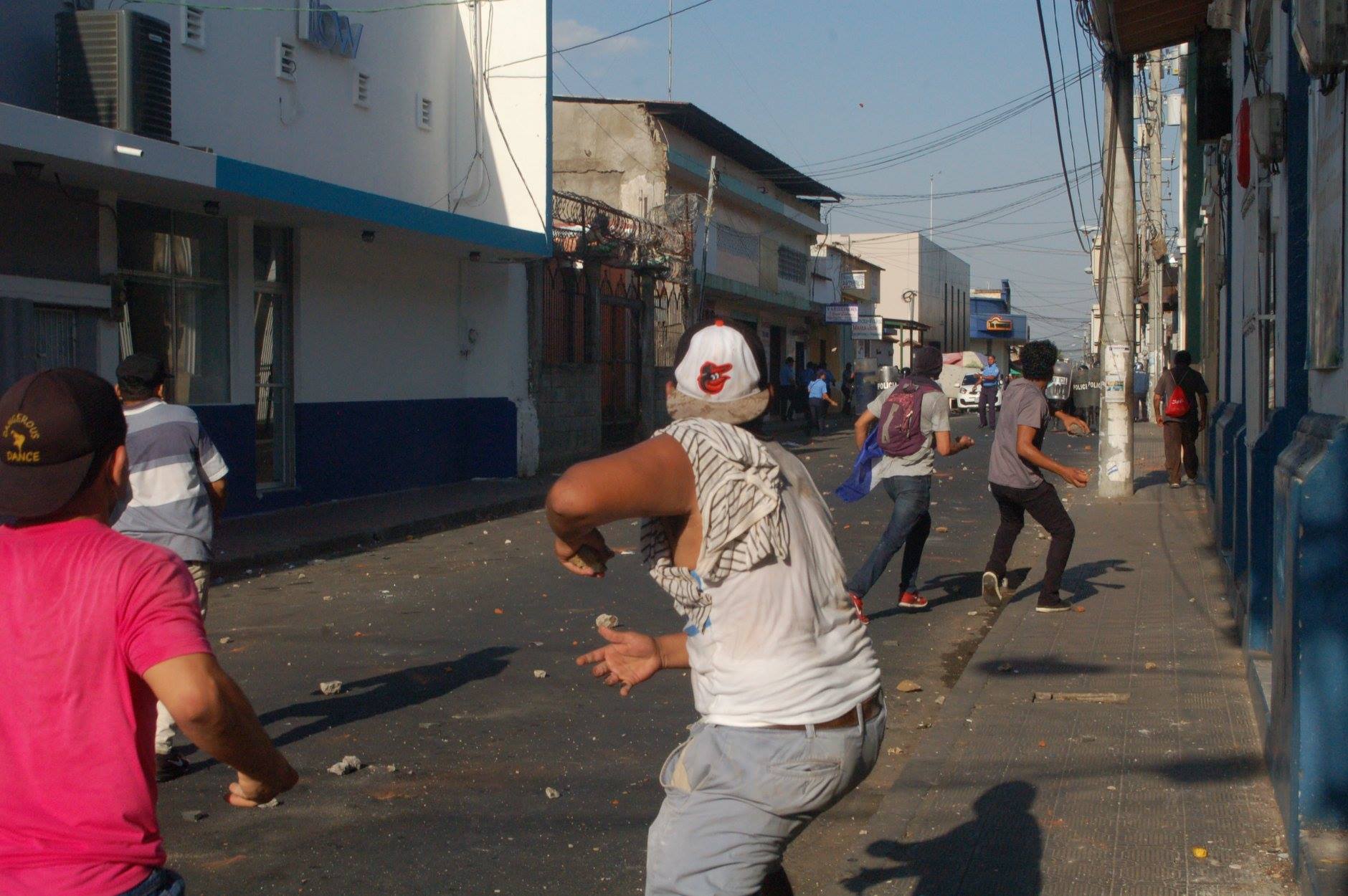
The violence from the protests have been the worst since Daniel Ortega returned to power in 2006. Ortega was a part of the Marxist Sandinista junta that led to the overthrow of Nicaraguan dictator Anastasio Somoza. Ortega was elected President in 1984, but lost the Presidency in 1990 to Violeta Barrios de Chamorro. This was a period where many Nicaraguan businesses were nationalized, including the cigar industry. Following his defeat, Ortega tried unsuccessfully to run for President in 1996 and 2001. During this time, he moderated his position from Marxism to one of Democratic Socialism. In 2006, he returned to the Presidency.
The last few years have seen many concerns arise regarding Ortega. In 2014, the National Assembly removed Presidential term limits from the constitution, thus allowing Daniel Ortega to run for a third consecutive term. In 2016, his wife Rosario Murillo became his running mate and was elected Vice President. Questions of widespread election fraud continue to be raised. Some are viewing Ortega’s Presidency as morphing into a dictatorship.
While Ortega was silent for a couple of days, today he said his government is willing to review the pension reforms that have triggered the violent protests. He has called for peace and invited those in opposition for talks.
Many feel that this Sunday will be a critical time in the aftermath of the protests. If the violence continues on a day generally reserved for religious services, it could indicate the violence may continue for some time.





April 22, 2018 @ 10:34 am
It’s so sad to see my country being destroyed, and our people being kill on the streets. I have no words to described it
The Scoop With Coop – KMA Talk Radio
April 30, 2018 @ 11:48 am
[…] Nicaraguan Protests Spread Into Estelí […]
May 28, 2018 @ 2:33 pm
Maybe the Orioles can use the lefty getting ready to toss a rock in the photo. He already has the cap!